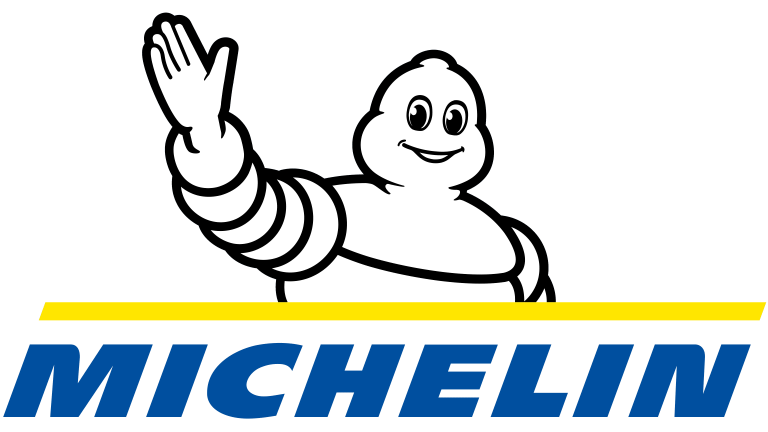
Overview
This training teaches experienced JavaScript developers how to create server-side applications with JavaScript and Node.js, culminating with an MVC application built on the Express framework that queries databases and calls back-end web services.

Objectives
At the end of NodeJS training course, participants will be able to

Prerequisites
Node.js training attendees should have a thorough knowledge of JavaScript. They should be familiar with web server application design concepts (such as accessing databases and SOA concepts), as well as basic HTML and CSS.

Course Outline
- The Node.js framework
- Installing Node.js
- Using Node.js to execute scripts
- The Node Package Manager
- Creating a project
- The package.json configuration file
- Global vs. local package installation
- Automating tasks with Gulp.
- The HTTP protocol
- Building an HTTP server
- Rendering a response
- Processing query strings
- Using Representational State Transfer
- Configuring TLS
- Synchronous vs. asynchronous I/O
- Path and directory operations
- __dirname and __filename
- Asynchronous file reads and writes
- Using buffers for binary data
- Flowing vs. non-flowing streams
- Streaming I/O from files and other sources
- Processing streams asynchronously
- Configuring event handlers
- Modularization
- The CommonJS and RequireJS specifications
- Defining modules with exports
- Modules are singletons
- Creating a package
- Module scope and construction
- Unit testing frameworks
- What to test and how to test it
- Building unit tests with Mocha
- The model-view-controller pattern
- Defining Jade and Handlebars templates
- Building a front-end controller
- Defining routes
- Creating actions
- Configuring Express to use Handlebars
- Using REST
- Reading POST data
- Building Handlebars helpers
- Adding middleware
- How Node.js connects to databases
- RDBMS databases and NoSQL databases
- Connecting to RDBMS and NoSQL databases
- Performing CRUD operations
- Building client requests to web services


 Projects
Projects Assignments
Assignments









